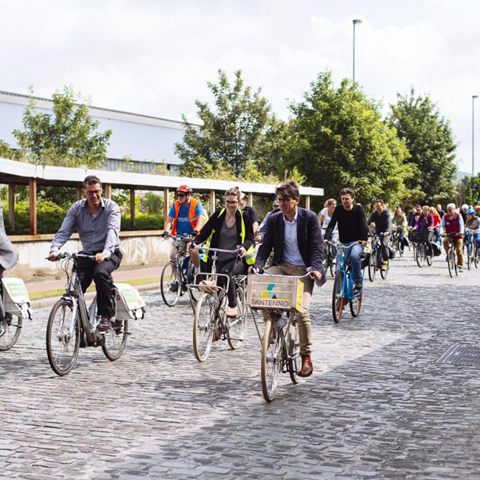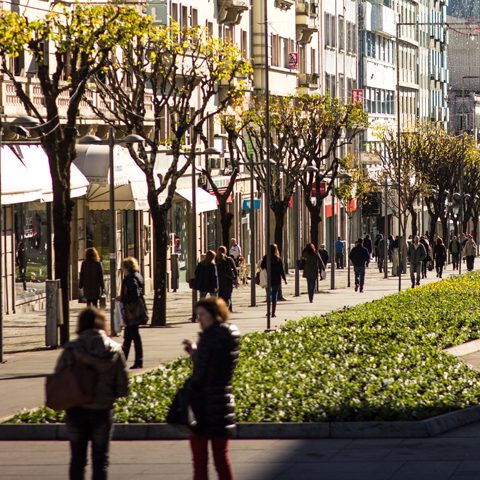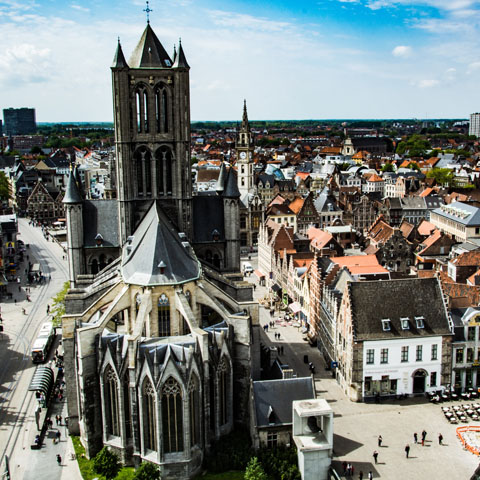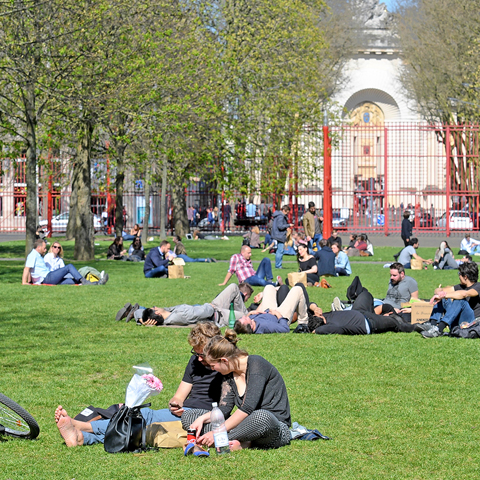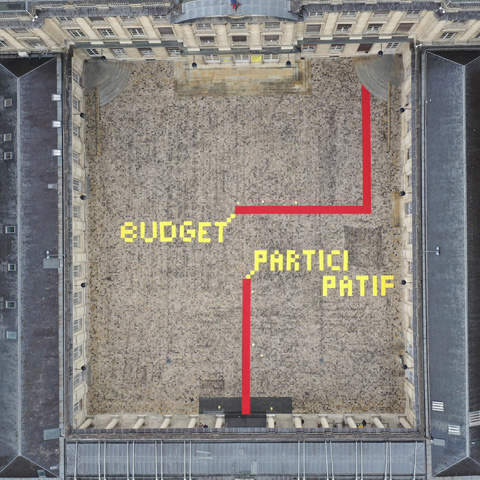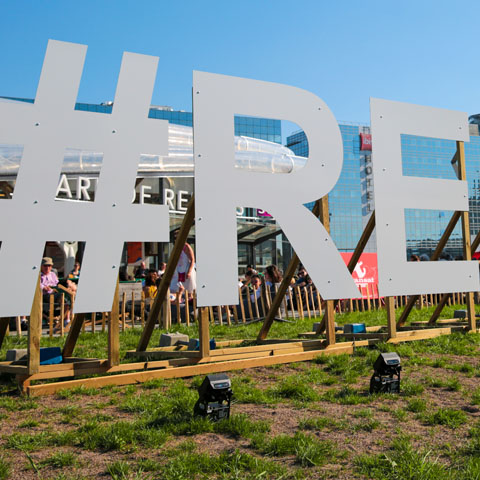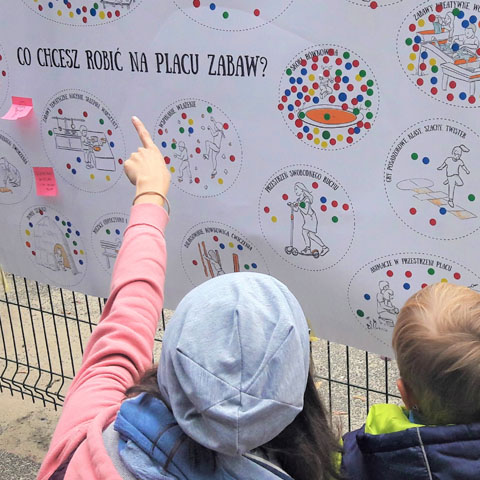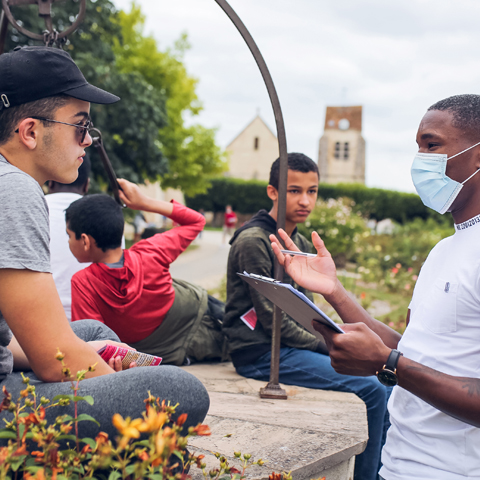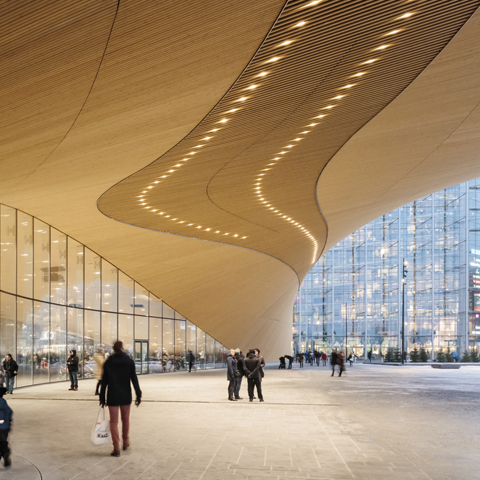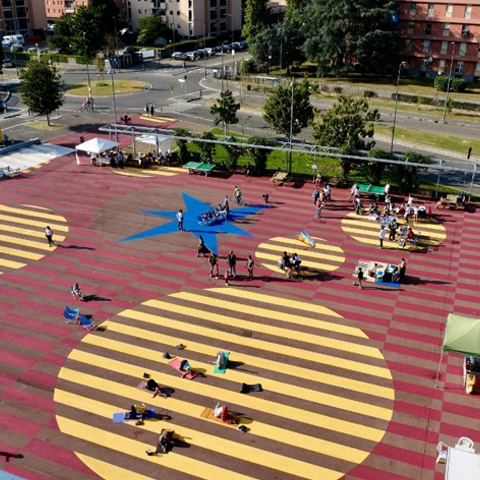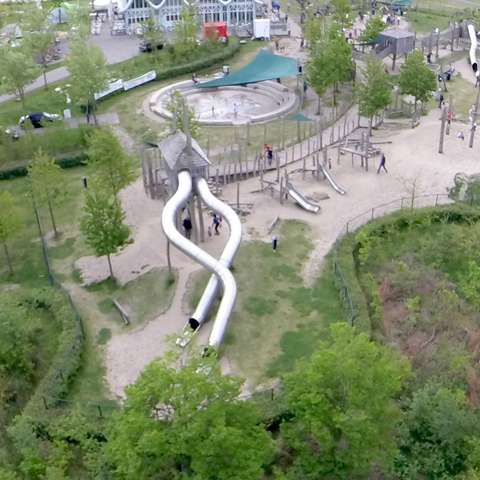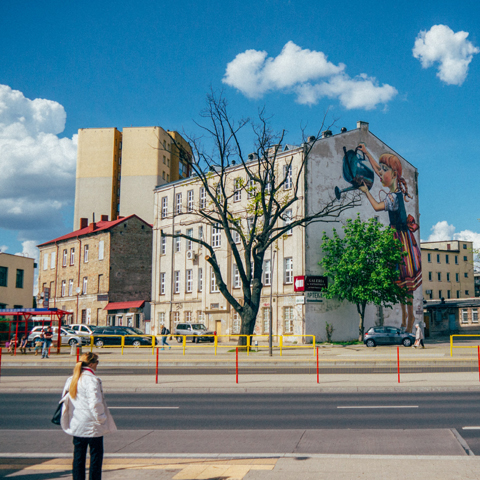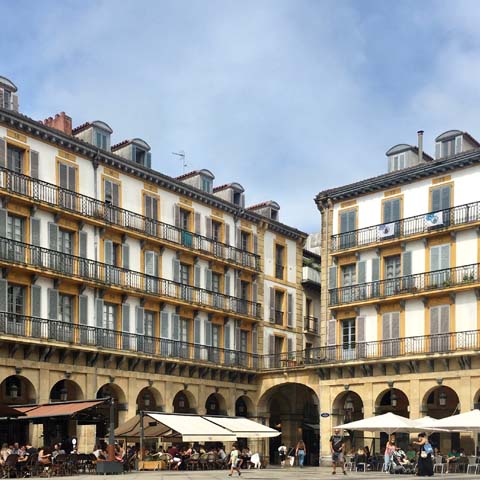A good government works for the people – or, even better, with the people.
Citizen engagement is about involving people directly in the decisions that affect their daily lives. How can this be done in the best way? European cities are answering this question with practical examples and with a set of recommendations: the principles on citizen engagement.
Eurocities, in cooperation with Nantes, is presenting this outcome of the Creative Citizenship working group of Eurocities for inspiration. Explore the beauty of direct democracy!
Citizen engagement at local level
Eurocities principles on citizen engagement
Faced with an uncertain health, economic, social and climatic context, new citizen concerns and aspirations are emerging in our European cities and metropolitan areas. These cities have considerable resources, positive forces in motion, which are being mobilised and innovated every day to meet the challenges of today and to prepare the tomorrow of the generations to come.
Our institutions, civil society and inhabitants are developing numerous initiatives, taking on new projects and experimenting with new forms of participation, expression and cooperation.
Our European cities and metropolitan areas therefore have a major role to play; that of supporting and guiding, with determination and method, these open and creative civic practices that give breath to our societies and help our democracies breathe.
This democratic vitality is also a tremendous opportunity for transformation in our local areas, because it implies renewed political practices and governance capable of involving all stakeholders in decision-making by giving more power to citizens to take action.
There are many of us who support this democratic ideal. Many of us give voice to this quality citizen dialogue. Many of us collectively uphold the demand for an ethic of practice.
We wanted to include this ethic in shared "principles" beyond our institutional or cultural specificities. This is what we have been working on together within the EUROCITIES Creative Citizenship working group, chaired by Nantes, with the support of Paris as vice-president.
Our aim was to set up a shared framework and guidelines to continue supporting citizen engagement at the local level. The principles that we present here are accompanied by the presentation of a set of experiences and initiatives supported by European cities and metropolitan areas and reflect the diversity and richness of our practices. Because, of course, these principles are the product of a collective endeavour based on the contributions of some fifty European cities and experts.
I would therefore like to warmly thank all those who contributed to enhancing this work and achieve these commitments, which will enable us to promote the essential role of participatory democracy to all the European institutions. Through these Principles, it is the voices of European cities and metropolitan areas that are being expressed and the voice of citizens that is being heard.
Transforming cities with citizens
Europe’s cities are the places where Europe’s ambitions for smart growth, a green recovery and strong social protection have to meet reality. Without strong co-ordinated action, our continent will find it hard to recover from the COVID crisis, to eliminate net carbon emissions, and to create a strong social economy.
Each of those challenges requires long-term and proactive involvement from citizens. In social action, in collaborative decision making and in their own lives, citizens have to feel that these European challenges are also their own, and that they are active participants in these transformative changes.
I am delighted, therefore, that Europe’s leading cities have come together around a statement of principles for civic participation that provides an ambitious common baseline. At the Democratic Society, we have been working with cities on participation for almost fifteen years and know that they are true laboratories of democracy.
The challenge of the coming years is to move from individual experiments to system change, and from smaller scale issues to some of the biggest strategic issues of the century. New democratic tools and processes such as citizen assemblies are starting to be used, but how can they be integrated into complex governing systems? The Eurocities principles call for a systemic approach and consistent commitment.
We can already see many good examples. In Poland, urban citizen assemblies are increasingly mainstreamed. Brussels is introducing mixed citizen-politician committees to tackle difficult issues. Across Europe, practical and research programmes are connecting up civic engagement around climate change.
A sign of how civic participation is maturing as a discipline is how many places are learning from each other. Cities across the continent, from Gdańsk to Madrid, are integrating deliberative approaches into their governance. New networks of learning and practice can forge strong connections for learning and inspiration across local and national governments around the world.
Eurocities is the perfect vehicle to grow and consolidate such a network of learning and inspiration, focused not just on the technical challenges of process, method and platform, but on the real-world challenges of building civic action into the heart of service delivery and city planning.
Every city has a network of civic organisations, volunteers and activist groups. Working together, in line with the Eurocities principles, we can grow and strengthen those networks, and connect them across and within cities. In this way, a connected European infrastructure for citizen engagement can start at local level, where trust is greatest and impact most obvious, but can reach through the whole system to bring citizen voice into Europe’s policies.
We at the Democratic Society are delighted to endorse these principles, and look forward to continuing their implementation alongside Europe’s cities.
EUROCITIES principles on citizen engagement
We are today, more than ever, living in times of change. We are having to face new and unexpected challenges. ‘Politics as usual’ in our representative democracy is no longer delivering what people expect, leading to an increasing distance between political institutions and citizens.
In this context, citizens are willing to get more involved in the decision making processes that affect their lives. The increasing mismatch between people’s expectations, existing democratic practice and the scale of our societal challenges is a real opportunity for cities. As the closest level of government to people, city governments are the place where democracy can start, and from where connections can be made to bridge the gap between people and politics. But what role will cities choose to play in this democratic transition? How can they involve their citizens in a dialogue about our common future?
EUROCITIES has been working intensively on citizen engagement, notably through its ‘Cities4Europe - Europe for citizens’ campaign, and supporting cities to exchange and learn about the ongoing evolution of citizen engagement practices. As a result, the EUROCITIES declaration on citizen engagement has been signed by nearly 80 cities.
The EUROCITIES principles on citizen engagement at local level are the next step towards strengthening participatory governance in our cities, as well as to building a more citizen focused society.
These principles are the result of a collaboration process, initiated by the EUROCITIES working group creative citizenship, bringing together more than 50 European cities.
Across Europe, there are varying levels of development of citizen engagement initiatives in cities. Cities face the challenges of finding adequate resources and defining appropriate ways to effectively engage citizens in public decision making.
With these principles, European cities acknowledge the importance of citizen engagement, with the ultimate goal of co-creating a better European society capable of answering today’s most pressing societal challenges.
We, European cities, have agreed a set of shared principles to guide citizen engagement processes. We commit to follow these principles, taking our local circumstances into account, and invite other cities and municipalities to associate themselves with them. Click here to download our principles on citizen engagement.
-
1
Greater citizen participation in governance is essential if we are to strengthen representative democracy.
Read more Read lessTherefore, we will:
- Adopt clear, precise and simple participation processes, accessible and open to all citizens, built on rich deliberation and discussion.
- Ensure that those processes have the information needed to take good decisions by opening our data, policy and research to citizens and city partners.
-
2
Our most pressing societal challenges can only be addressed if public policy is a shared endeavour, developed continuously in partnership between city governments, citizens, civil society and other local actors.
Read more Read lessTherefore, we will:
- Work to create a culture of trust and collaboration between our governments and citizens by developing diverse and attractive participatory processes.
- Provide adequate financial and human resources to support citizen engagement processes and initiatives.
-
3
Citizens are best placed to understand and propose solutions about their everyday lives – and this understanding can support city governments in taking decisions.
Read more Read lessTherefore, we will:
- Ensure that citizens from all age groups, cultural and socio-economic backgrounds have an equal opportunity to participate.
- Promote a long-term participatory culture in our cities by recognising and supporting a creative approach based on citizens’ expertise.
-
4
Our success in this work depends on rebuilding trust between city governments and their citizens.
Read more Read lessTherefore, we will:
- Communicate the opportunities to participate to all citizens.
- Analyse and take account of citizen views, demonstrating how they have affected decisions, and feeding back why citizen views have or have not been followed.
-
5
As citizen engagement processes are constantly evolving, we need to transform our public administrations to adapt to the challenge.
Read more Read lessTherefore, we will:
- Not stop experimenting and learning from other cities and actors involved.
- Invest in organisational, administrative and political innovation for better citizen-focused actions.
A Europe-wide initiative
Cities involved
-
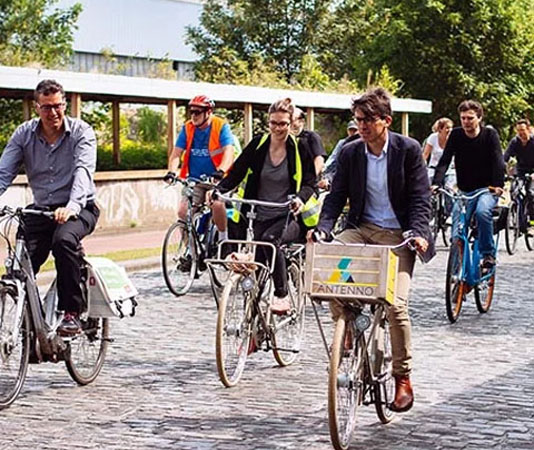
Antwerp
Belgium -
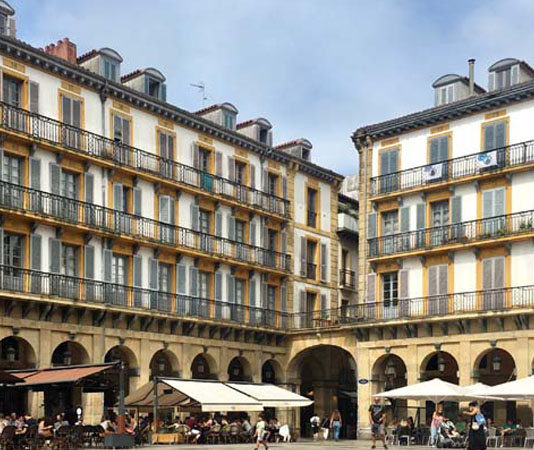
Bialystok
Poland -
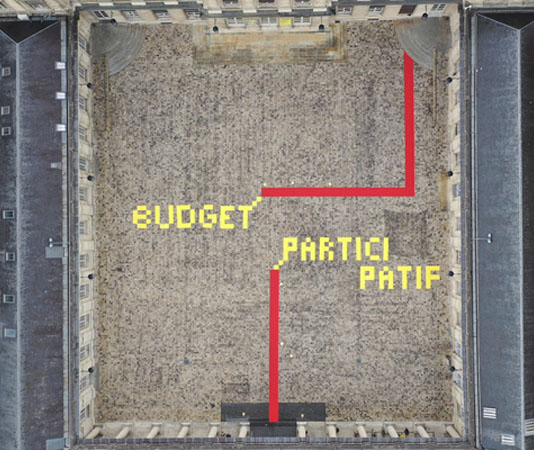
Bordeaux
France -
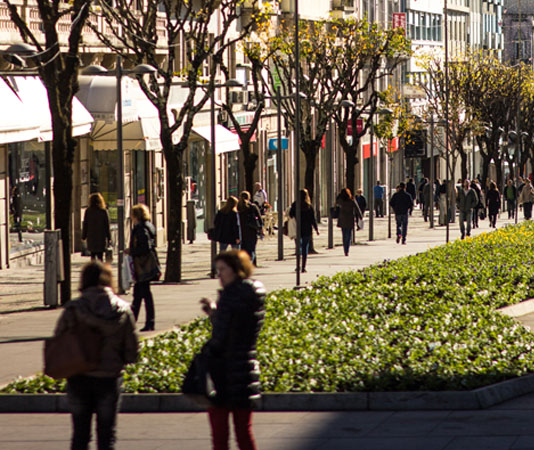
Braga
Portugal -
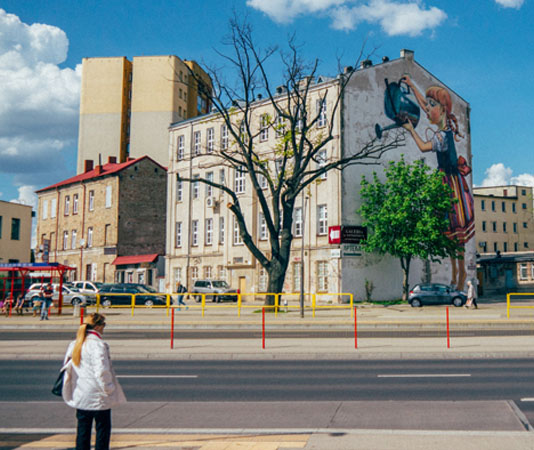
Donostia/San Sebastian
Spain -
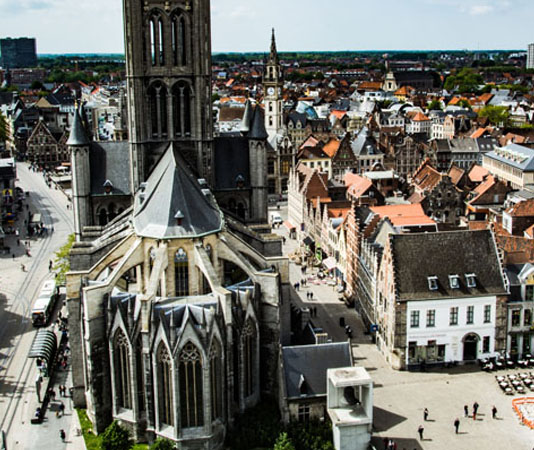
Ghent
Belgium -
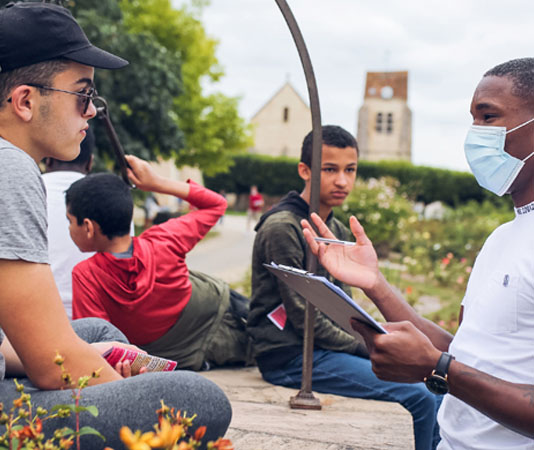
Grand Paris Sud
France -
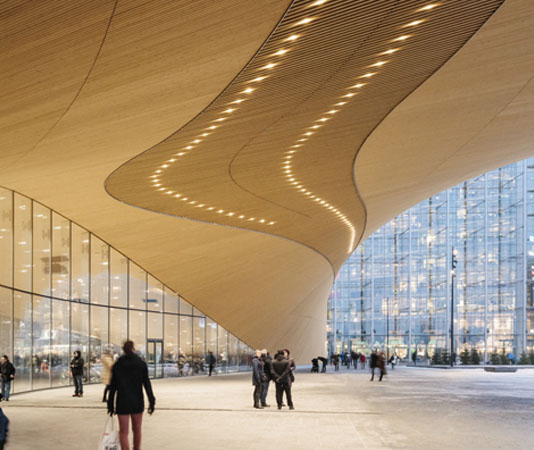
Helsinki
Finland -
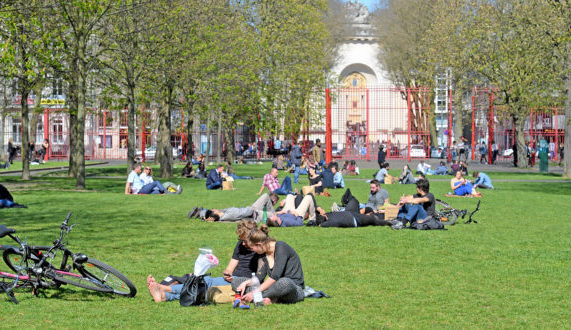
Lille Métropole
France -

Milan
Italy -

Nantes
France -

Ostend
Belgium -
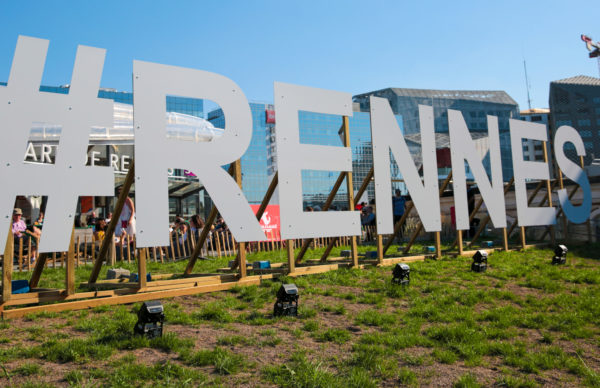
Rennes
France -
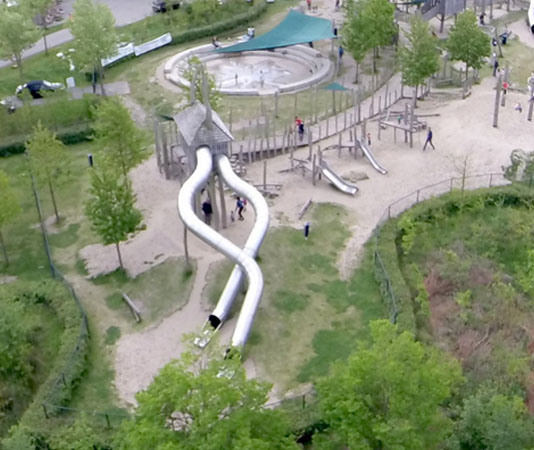
Utrecht
The Netherlands -
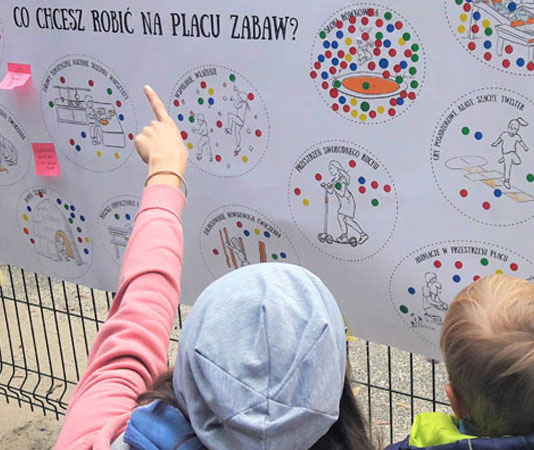
Warsaw
Poland -

Timisoara
Romania -
